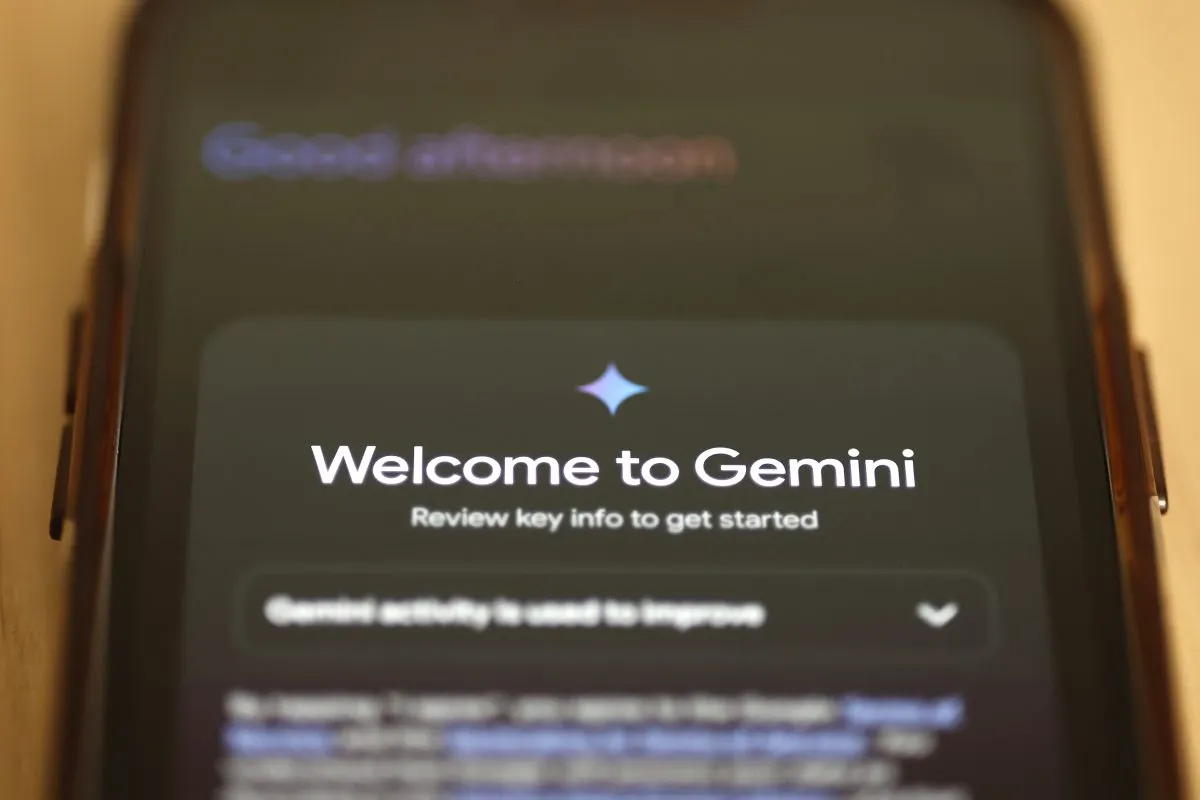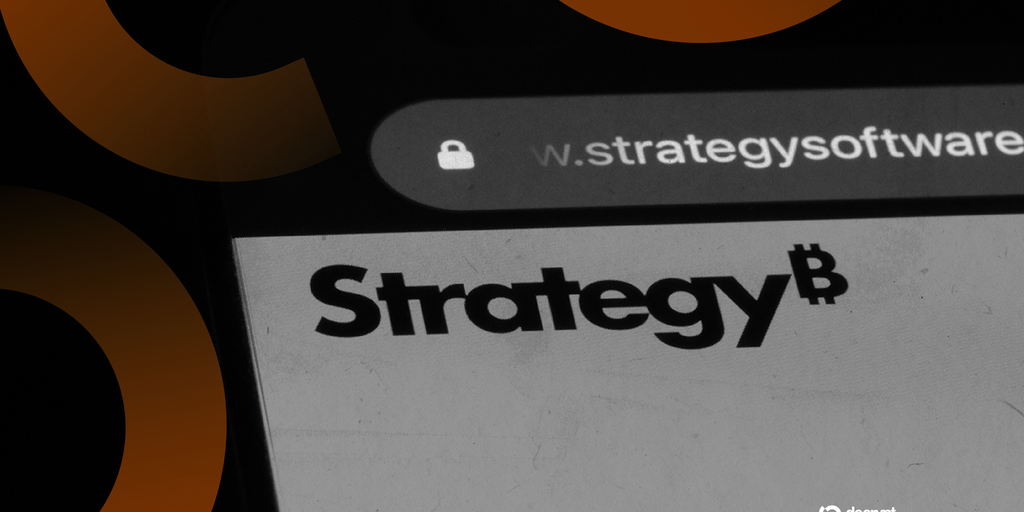Copyright cityam

The new generation of AI browsers, from OpenAI’s Atlas to Google’s Gemini, aren’t about search, they’re about sense-making, writes Paul Armstrong Big Tech doesn’t want to make better browsers, it wants to own reality. The new generation of AI browsers, from OpenAI’s Atlas to Google’s Gemini, and Apple’s incoming “intelligent Safari”, are not gateways to the web but replacements. The open internet, with its chaos, plurality and creative disorder, is being replaced by a version mediated, summarised and monetised by machine intelligence. The first browser wars were about speed and simplicity, the next one is about control. Every click, search and purchase is being absorbed into a closed ecosystem where algorithms decide what people see and how it is framed. Whoever owns that mediation layer owns the flow of information and the attention economy that depends on it. The goal this time is not faster browsing or better design, it’s total dependency. The illusion of progress The marketing is slick. OpenAI talks about anticipation, Google talks about productivity, and Apple talks about privacy. The common denominator remains control. AI browsers are being sold as tools of empowerment but in reality, they are mechanisms of consolidation. Search once encouraged and rewarded discovery. The new paradigm removes choice altogether. Atlas offers an answer before you even ask a question. Gemini compresses the entire web into a confident-sounding summary. Apple’s “intelligent” approach filters results through its own trust architecture. Alexa asks if you want to put something on your shopping list. Each promises clarity while narrowing the frame of reference. In reality, all fail regularly and are learning as they continue. Companies that spent decades optimising for visibility are about to find that visibility no longer exists. Being present in the AI era means being part of the model itself. If your data, brand or content is not embedded in its knowledge graph, you will not appear. The question isn’t who ranks highest but who is remembered at all. The economics are stark. Traditional ads depend on choice; AI eliminates that. When a model provides a single response, there are no sponsored links or bidding systems. Search advertising as we know it collapses. In its place comes something far more profitable: persuasion embedded in the product. Platforms are moving from selling space to selling influence. Answers will be monetised through partnerships, weighting and training data access rather than visible sponsorship. When a browser rewrites the web for you, persuasion becomes invisible, and you have to work harder than ever to get the signal you want. Google and Meta built their fortunes by monetising attention. Atlas and Gemini are now monetising interpretation. Once a system can rewrite what it shows you, the ad slot moves from the sidebar to the sentence. Influence becomes infrastructure, not display advertising. Dependence by design All this has profound implications for businesses. Brands that rely on algorithmic distribution will find themselves negotiating with opaque systems that decide who appears and who is buried. Each platform promises fairness and neutrality but all have the same incentive: extract value from mediation. Companies will soon pay for verified representation, search prominence and inclusion within AI pipelines. The same entities that built the noise will sell the quiet. Dependence is already happening. Once discovery, trust and reputation flow through a single browser, escape becomes impossible. A retailer who depends on a marketplace cannot dictate price or presentation. A business that depends on AI mediation cannot dictate how it is interpreted, and not playing means invisibility. The model will not stop at consumers. Corporate decisions, policy development and investor sentiment are all beginning to rely on AI summaries. When inference replaces analysis, the models become market makers. The next financial bias scandal will not come from data manipulation but from algorithmic interpretation. A single tweak to a ranking system could shift billions in perceived value. If this sounds like West World’s reheboam machine, you’re bang on the money. Leadership teams cannot afford to wait for regulators to catch up. The UK and EU are still debating AI safety while missing the more urgent question: who owns interpretation? A browser that decides what is credible can’t be a neutral tool, instead what you get is an unregulated editor of the public record. Businesses must understand that power before they use it, or build on top of it. Strategy for the mediated era The strategic question is no longer how to use AI but how AI affects and uses you. Companies need to map how their information enters, circulates and is retrieved by these systems. In practice, that means auditing data provenance, managing how your products and reports appear in training datasets and developing direct channels that bypass the algorithms altogether. Depth and distinctiveness are the new differentiators. When AI flattens everything into summaries, the only defence is specificity. Businesses that cultivate identifiable expertise, clear provenance and verifiable content will stand apart. The companies that rely on automation for communication will vanish into the grey mass of machine-generated slop. Control over distribution is becoming a form of corporate sovereignty. Brands that build owned channels will preserve independence in a world dominated by AI intermediaries the longest. First-party data is no longer a marketing asset; increasingly it is a survival mechanism. Leaders also need to develop knowledge resilience, and refine the ability to call bull when things don’t feel right. Executives need teams capable of verifying model outputs, tracing data sources and understanding how algorithmic summaries affect perception. Internal literacy about mediation has become more a governance issue than a technical one. The next monopoly The new browser war is not about features but frameworks. Atlas, Gemini and Safari are competing to define how reality is delivered. Once mediation becomes habit, control of that mediation becomes power. The companies that lead this transition won’t just own market share; they own the context; your context. Executives and investors who see AI browsers as consumer novelties are missing the point. Mediation is becoming the default mode of digital life. The companies that fail to adapt will be defined by someone else’s model. The ones that survive will audit the algorithms, build trust as infrastructure and design for clarity over convenience. The next monopoly isn’t about owning search; it’s sense-making. Whoever controls how information is summarised will control how decisions are made. The browser wars are back, and this time, the stakes are reality itself.



